The Diary of Jesus Christ
By Bill Cain, S.J. (Orbis Books, 2021)
Rather than seeing the imagination as something childish or illusory, St. Ignatius of Loyola trusted it to be a powerful spiritual tool. He taught his followers to encounter a flesh-and-blood Jesus, someone they could be with, through the power of the imagination, as he talked and laughed, cried and slept, made friends and shared meals. This form of contemplation, St. Ignatius believed, allows us all to enter the gospel stories at a far deeper level.
In The Diary of Jesus Christ, Jesuit Bill Cain shares with us this Ignatian practice, not theoretically but experientially. We live with Jesus through his childhood, feeling his curiosity and wonder. We experience with him the choosing of the twelve disciples, the miracles, the encounters with ordinary people. We go with him to the cross—and then into a place where resurrection rearranges our understanding of life and death. We learn that the kingdom of God is both “glorious chaos” and a “deep underlying confidence that everything will turn out all right.”
Some readers may be uncomfortable with a Jesus whose interior life is full of doubts and questions. This is not the triumphant King of Glory we may have pictured. But I wonder if it’s not a more scriptural understanding of Jesus, who, we’re told, was “gentle and humble in heart” (Matt. 11:29), who could “do nothing on his own” (John 5:19), and who showed us what it meant to “[empty] himself” (Phil. 2:7). In the Nicene Creed, we repeat that we believe Jesus was “true God” who became incarnate and “was made human.”
In The Diary of Jesus Christ, Cain shows us what that might have looked like: a Jesus who is genuinely human as well as divine, an infinitely lovable Jesus who is “not done loving us yet”—because “heaven will not be complete” until each one of us is there with him.
—Ellyn Sanna
No Cure for Being Human
By Kate Bowler (Random House, 2021)
“We try to outsmart our limitations and our bad, bad luck, but here we are, shouting the truth into the abyss. There is no cure for being human.”
When I began reading Kate Bowler’s No Cure for Being Human, I had no idea what to expect. Would it be a self-help book? An inspiring devotional? A step-by-step guidebook for being a better person? What I found instead when I finally sat down to read it was a gripping, raw, page-by-page account of one woman trying to make sense of the wrongness of the world in the midst of her fight with cancer.
In the pages of the book, we meet Bowler, an associate professor of the history of Christianity in North America at Duke University and a prolific author, and follow her as she lives her life like many of us: rushing to work, making sure her child gets breakfast, planning for the next assignment at work, connecting with friends and coworkers.
We’re with her when she receives the unexpected devastating news of Stage IV cancer and a life sentence of two months to live, and we watch as her life grinds to a halt and she grapples with the questions of mortality: How should I spend the time I have left? How do I know my son will remember me? She tallies up the days she has left and weighs how much different activities are worth as she waits for death, making a bucket list. “After all, what do I know about dying? I’ve never done it before.”
The book is divided into ten chapters, and each chapter contains a different stage of Bowler’s fight with cancer and lessons she learned along the way. However, the book doesn’t come off as preachy or self-pitying; instead, Bowler infuses the pages with sarcastic humor and raw honesty, creating a conversational style draws the readers in and makes us unable to put the book down.
As Bowler receives round after round of chemotherapy and experimental treatments, she never uses meaningless, pithy sayings (in fact, she has a whole table in the back of the book dedicated to debunking mantras like “everything happens for a reason”). She is honest, describing in detail the raw physical, mental, and spiritual struggles of cancer, and she addresses questions of the goodness of God, capitalism, the depersonalization that comes with chronic illness, and the linearity of time. She doesn’t shy away from the hard stuff and she relates to the reader, just one human to another struggling in an unjust world.
I think this is what makes the book so engaging. Bowler doesn’t pretend to have the answers. She acknowledges the ugly parts of life, but she doesn’t present a hopeless picture. Instead, she shows us the value of life’s simple moments as she prepares for death, the joy of miracles when she learns that her cancer is gone, and the importance of the journey as she points out, in the words of one of her friends, “I guess life is going to need more courage than [we] thought.”
—Bri Rooke
Briefly Noted:
All That She Carried: The Journey of Ashley’s Sack, a Black Family Keepsake
By Tiya Miles (Random House)
Historian Miles traces the history of a single item—a much-loved cotton bag—as it is handed down through three generations and documents the stories of people who are often left out of history.
Eyes of Compassion: Learning from Thich Nhat Hanh
By Jim Forest (Orbis Books)
Catholic peacemaker Forest details his friendship with Thich Nhat Hanh dating back to the mid-1960s, along with the lessons he learned from Nhat Hanh about mindfulness and inner peace.
When Thoughts and Prayers Aren’t Enough: A Shooting Survivor’s Journey Into the Realities of Gun Violence
By Taylor S. Schumann (InterVarsity Press)
Schumann weaves together her own story of surviving a college shooting with a larger discussion about gun violence in the United States.
This article also appears in the August 2021 issue of U.S. Catholic (Vol. 86, No. 7, page 39). Click here to subscribe to the magazine.


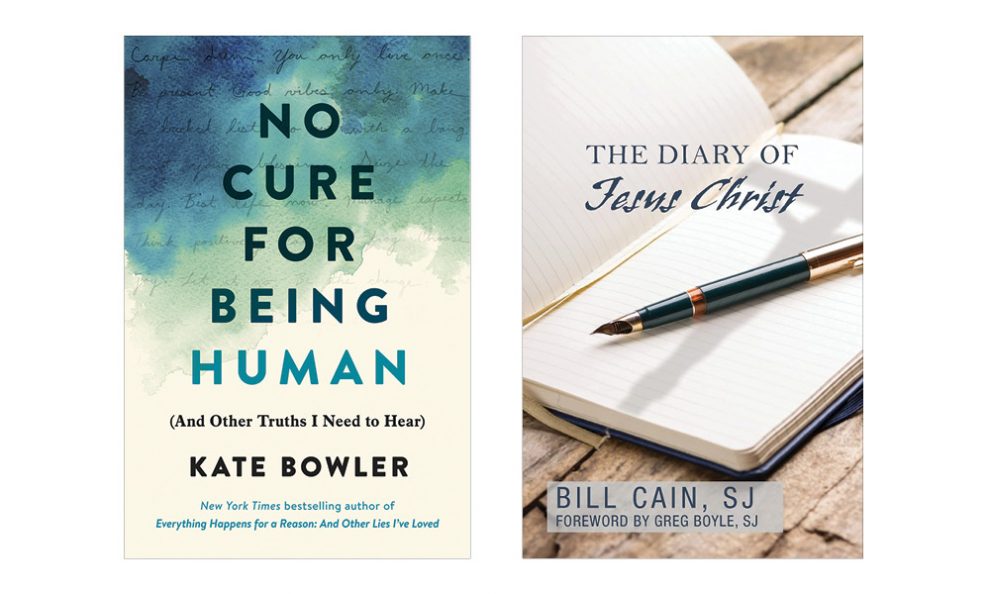
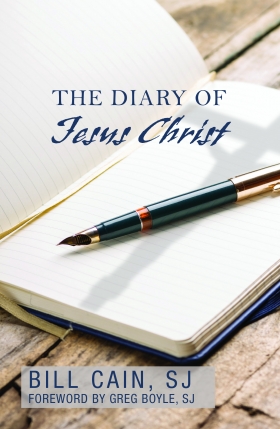
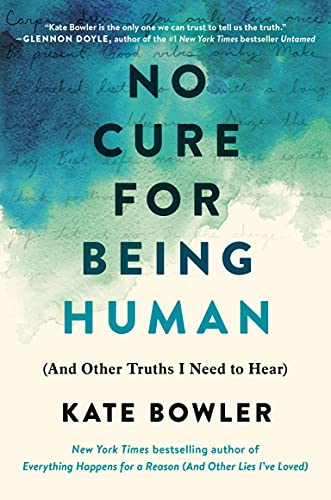
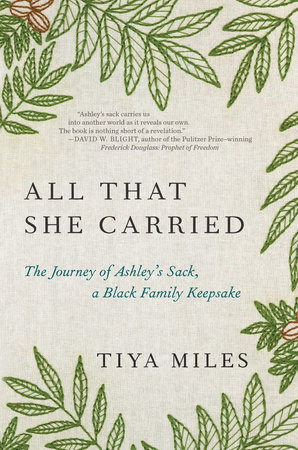
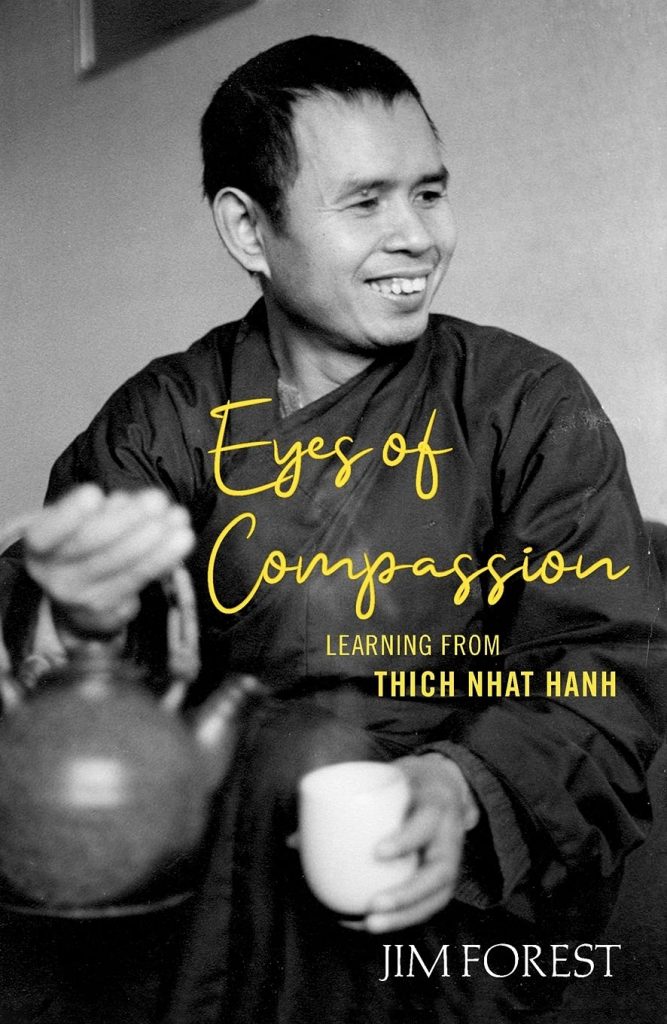
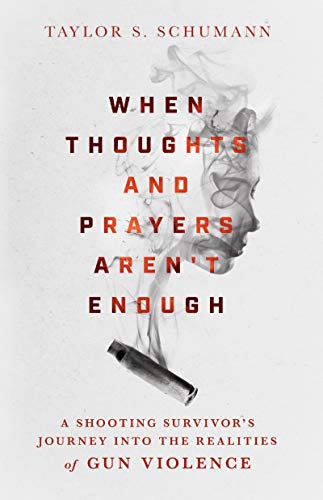



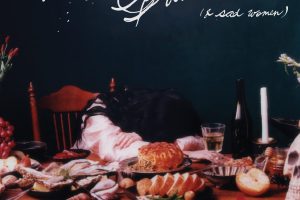







Add comment